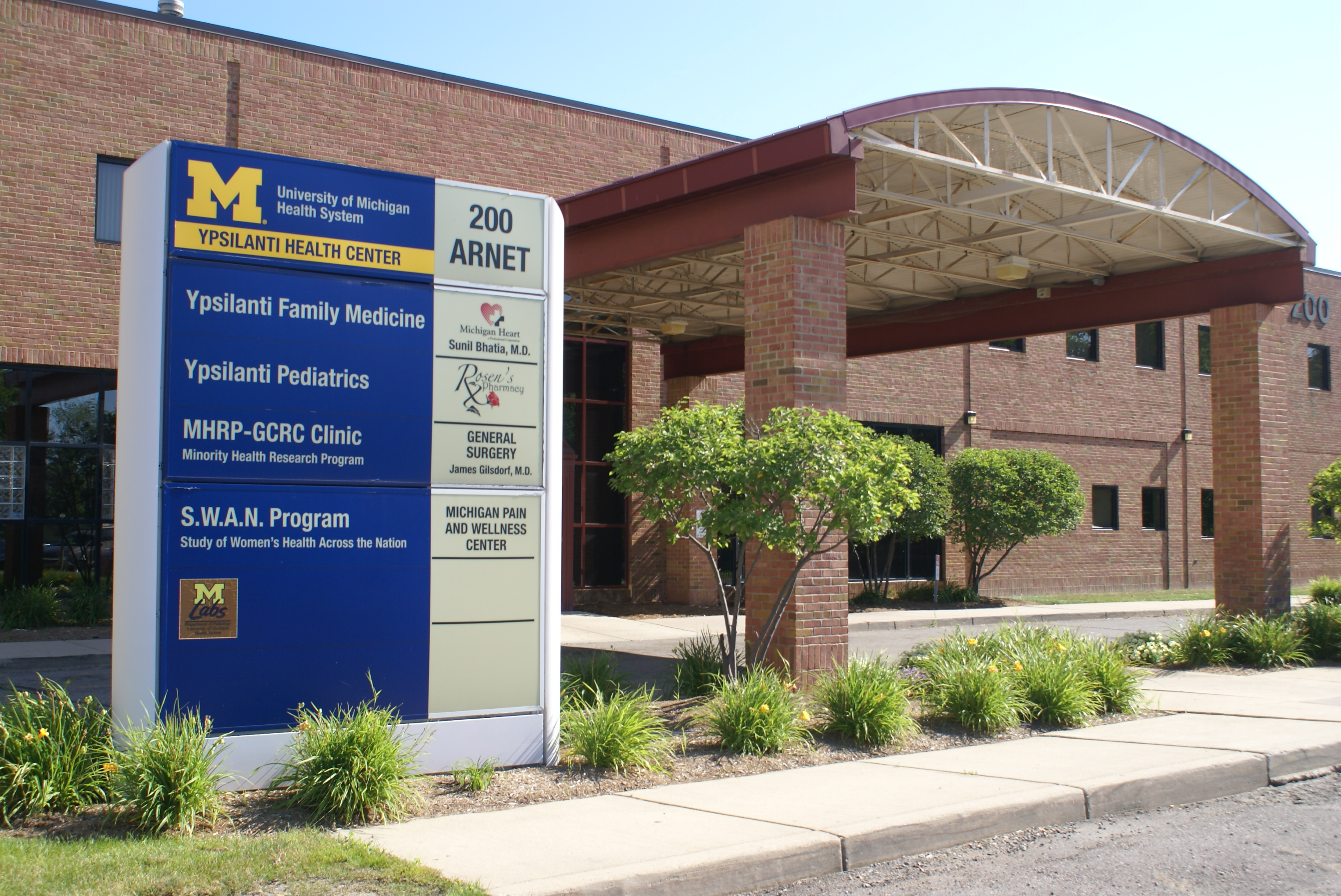Table of Content
Here’s what you need to know about hiring an overnight senior caregiver. Medicare is extremely popular, but it needs attention to ensure all beneficiaries receive comprehensive coverage and equitable treatment. The Medicare program that Americans know and cherish has been allowed to wither.

Business trips are a normal part of many jobs, and typically they happen with enough time to plan for a short interruption in a family’s schedule. Other jobs require extensive travel or travel that is less predictable. Either way, even if one parent is home to care for the kids, having an extra set of hands in the evenings and mornings can help families better manage during these periods. You'll start receiving the latest news, benefits, events, and programs related to AARP's mission to empower people to choose how they live as they age. It’s true that Medicare coverage stops when a patient has reached the point of no longer benefiting from the care prescribed in these facilities. The resident is the center of visitation rights, because they control those rights.
What you can expect to pay for overnight care
This can include nursing care, physical therapy or simply dedicated assistance while they recover. Recovery and rehab can be completed in a variety of settings, not only at home. Seniors who live on their own or those who live with family members may benefit from the dedicated care available in an assisted living facility near them following their hospital stay.
Anticipating and accepting changes in personnel or programs can keep you from becoming discouraged. Overlooking your own needs or trying to take on all of the responsibilities of caregiving without regular breaks will only lead to serious health problems such as burnout. While independent providers are generally less expensive, home care agencies and referral services can be easier to use. Request several workandpersonal references, and check them carefully. Verify the information provided, and ask all references about reliability, trustworthiness, punctuality, and the care provider’s ability to handle stress.
Staying at Children's Health℠
The Attorney General Regulations in Massachusetts (940 CMR 4.00 – 4.11) detail protections for consumers in long term care facilities. The Nursing Home Reform Act specifically forbids discrimination in treatment of residents and protects residents from fraudulent activities during admission. The home must have identical policies and practices regarding the provision of services, regardless of the source of payment. The home must not require another person to guarantee payment as a condition of admission or continued stay. Also, the individual must be assessed and determined to need long term care services provided in a nursing home setting. Rather than leaving at 6 p.m., a live-in nanny is exactly what it sounds like — a nanny who lives in your home.
This role is paid by the hour but any time over the 40-hour work week will be paid overtime. If both employee and employer agree to “regularly scheduled” interrupted sleeping periods of up to eight hours. Whether you are going through any agency or an independent caregiver. Having just moved into her third nursing home in four months, Mary Jensen worried that this facility could close unexpectedly, forcing her out once again. Leave days are totaled through the state’s fiscal year, which is July 1–June 30.
Patient Family Lodging
For Medicare to pay for hospice care, patients must stop medical treatment intended to cure or control their illness. A serious illness may be defined as a disease or condition with a high risk of death or one that negatively affects a person’s quality of life or ability to perform daily tasks. It may cause symptoms or have treatments that affect daily life and lead to caregiver stress. Examples of serious illnesses include dementia, cancer, heart failure, and chronic obstructive lung disease. However, it’s important to remember that respite care is an integral part of the caregiving process, not just for you, but also the person you’re caring for and the rest of your family. Learning how other families cope can provide you with new options and ways of coping.

While some may think hospice provides 24 hours a day, 7 days a week custodial care, or full-time care at home or an outside facility, this is rarely the case. Although hospice provides a lot of support, most of the day-to-day care of a person dying is provided by family and friends. However, a person from a hospice care team is usually always available by phone 24/7. Hospice care focuses on the care, comfort, and quality of life of a person with a serious illness that is approaching the end of life.
The new hospital stay doesn’t need to be for the same condition that you were treated for during your previous stay. If you're in a SNF, there may be situations where you need to be readmitted to the hospital. If this happens, there's no guarantee that a bed will be available for you at the same SNF if you need more skilled care after your hospital stay. Ask the SNF if it will hold a bed for you if you must go back to the hospital. An individual on MassHealth in a nursing home is required to pay the home a Patient Paid Amount out of their monthly income for their stay, less a Personal Needs Allowance , which in 2018, is $72.80 per month. The PNA is for a resident to use for items not available at the home, such as clothing, hair styling or a favorite lotion.

You can talk, vent, laugh, and exchange tips with people who understand what you’re going through. If you can’t easily leave home, online communities, message boards, and forums can also provide some much-needed support. Referral serviceswork to match your needs with local respite programs. An agency provides appropriate carers, handles payroll, and usually provides substitutes for sick or absent personnel. If problems occur, you also have specific avenues of recourse that are not available when working with individuals. Always include the potential care recipient in the screening process if they’re able to participate, to ensure that both parties are comfortable and that your loved one’s needs are respected.
The government has also strengthened the role of the ‘essential care giver’, which means every resident should be able to nominate a friend or family member to provide extra care on their visits. Even though you spent 3 days in the hospital, you were considered an outpatient while getting ED and observation services. These days don’t count toward the 3-day inpatient hospital stay requirement. There are some situations that may impact your coverage and costs. You sign a contract specifying services you would receive in exchange for payment.
The staff dedicated to senior care will be available 24 hours a day. Most staff members will take the time to introduce themselves during their shift, so seniors feel at ease. On the other hand, live-in care is different from overnight care in that the caregiver remains in the patient’s home for 24-hour shifts, three to four days a week. These caregivers typically sleep at night along with the client but still provide assistance. In summary, residents can leave their SNFs for short periods, such as a day or two, to enjoy gatherings with their families and friends without losing Medicare coverage. However, SNFs are allowed to bill residents to reserve their beds so long as they advised residents in advance of the charges to hold the bed and the residents have agreed, in advance, to make the payments.
Many people choose to receive hospice care at home so their friends and family can visit as they wish. Other considerations may include one’s home environment vs. another setting, cost, and stability of the person’s condition. Choosing where to receive hospice care is a personal decision, but it may be helpful to talk with family members, your caregiver, or your doctor about the level of care you need and if it can be provided at home. The costs for receiving hospice care at different locations may differ. Residential programs offer temporary care for varying lengths of time.
Sometimes, the main caregiver may need to travel or become sick themselves. In these cases, it is helpful to have a backup plan in the form of a short-term stay in a facility that can take care of the needs of a senior in a safe environment. Seniors who have spent time in the hospital and are going to be discharged may not feel ready to be at home alone. Seniors that are not in need of rehabilitation, but may need a helping hand can benefit from a short-term stay in an assisted living facility.

No comments:
Post a Comment